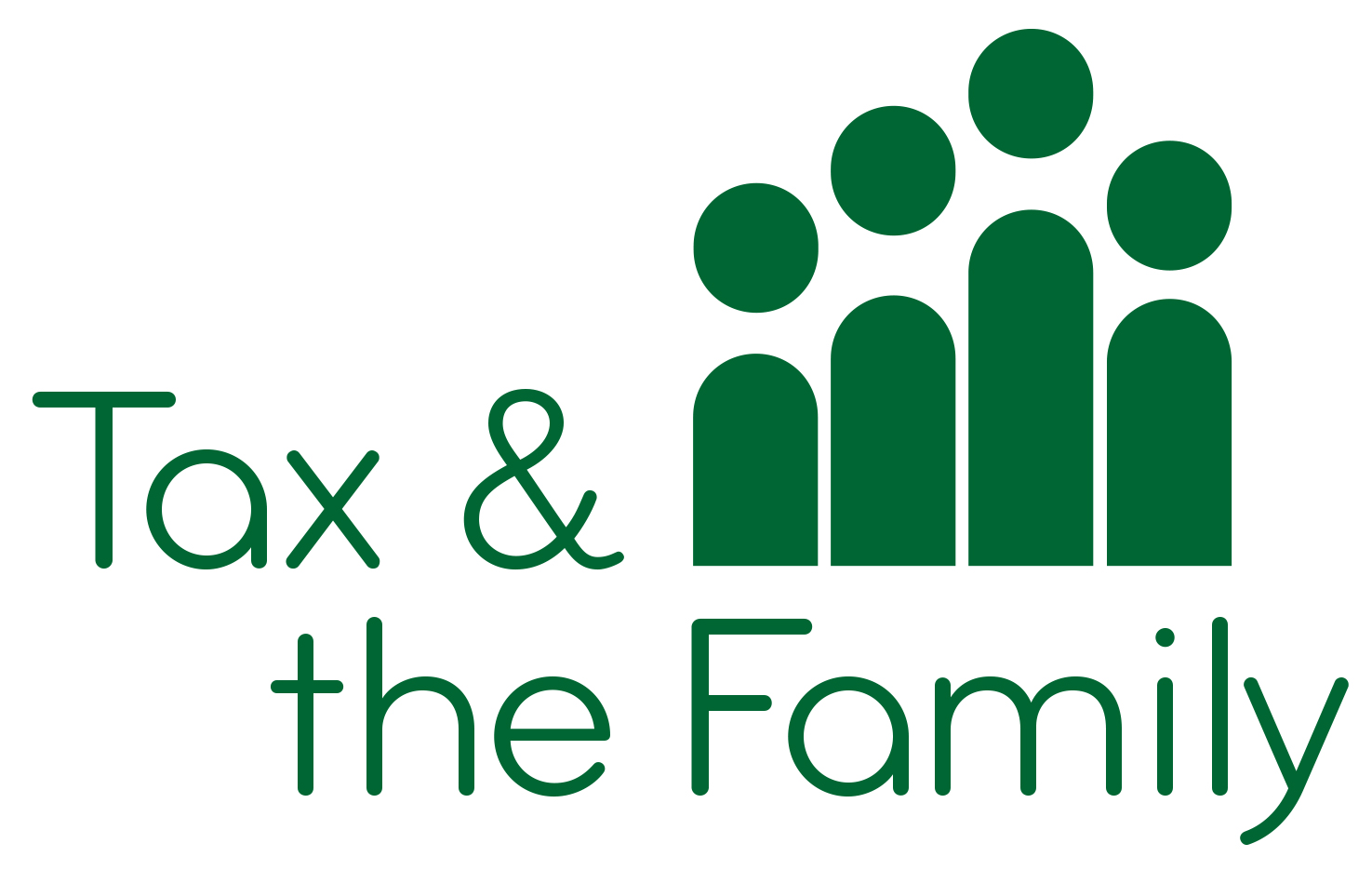Marginal rate explained
Millions of people get only a small reward for extra work. Do you know if you are one of them?
We call what you lose out of any additional income which you may get your marginal rate of tax. This includes income tax and National Insurance Contributions and – and this is the point – if you receive one of the large majority of benefits (other than child benefit) it also includes the amount of the benefit you lose for every £ of extra income you earn.
The details of the various benefits are quite complicated. You may already know your marginal rate, but this note is intended to give an overall perspective.
The Government is cutting the rate of national insurance contributions from 12% to 10% in January, and for people who pay income tax at the basic rate that is 20%. So, if you are not entitled to any benefits, that is a total of 30%. But if, for example, you draw universal credit, you will lose a further 38p on every additional £ of income, so that in total you end up with only 32p for every £ (100-30-38=32). And in many circumstances, you may get even less than that.
The main benefits which are reduced as income increases are universal credit, tax credits and housing benefit. Universal credit can run up to much higher levels of income than many people realise: for example, if you live in an area with very high rents, as in parts of London, and have several children, entitlement can run up for people with incomes as high as £100,000: certainly £50,000 is not unusual. In addition, if your income is between £50,000 and £60,000 and you receive child benefit, then your child benefit is clawed back at a rate which depends on the number of children you have: your marginal rate including the loss of benefits could then be in the 80s or even 90s%. In addition, any student debt you may have has to be repaid at 9%.
We have looked through all the official statistics, but there is insufficient information to enable us to say how many people are affected by these very high marginal rates of tax. However it could well be as high as 3 million. Most of these will be families with children – one in four such families are affected – and some of them will be single parent families.
The effect of these high marginal rates has not been widely discussed, but the likelihood is that they affect the incentive to work. People will be less likely to work overtime, seek promotion, or move to another job with a higher level of pay if they are not going to end up with much by way of additional income to make the extra work or greater responsibility worth-while. Certainly, when the higher rates of income tax affecting higher earners were rather more than they are today it was widely argued that they acted as a disincentive; and when they were abolished the total revenue did not go down by very much, presumably because people worked more. There is no reason to think that it would be any different today for those who have high marginal rates because of the loss of benefits in addition to income tax and national insurance contributions.
The Government may not be fully aware of this because the work on the tax and benefits systems is done in different Departments and the policy largely decided by different Ministers. If thought is given to how the tax and benefit systems interact, there is little to show for it. In our view it is a matter to which Government Ministers should give serious attention – to find out how many people may be affected, who they are, and what the effect might be, and let us know the results. The Government says that it is concerned by the low level of productivity in the United Kingdom compared with that in other developed countries: might not our high marginal rates be one of the causes?
